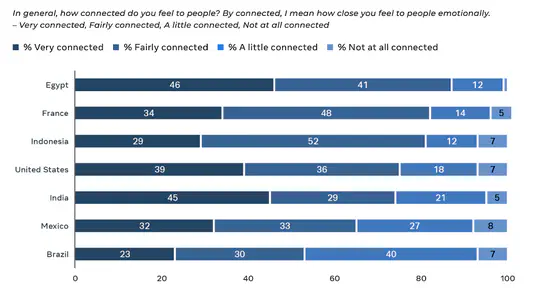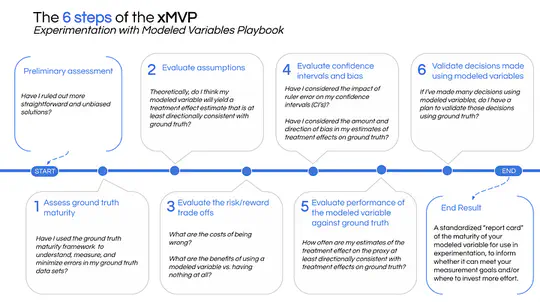Ryan S. Ritter
Research Scientist
Biography
Ryan is a Research Scientist with 10+ years of industry research experience in the application of rigorous quantitative methods to measure and understand the social impact of technology on people and society. His work helps companies and teams make better decisions and informs their strategy, product development, and policy.
He also continues to publish on his graduate school area of study: the social psychology of religion, morality, and mind perception.
Outside of work you will find him spending time with his three awesome boys.
Interests
- Computational Social Science
- Social Impact of Technology
- Data for Good & Open Science
- Well-Being
Education
-
PhD in Social Psychology, 2014
University of Illinois at Urbana-Champaign
Skills
R
Statistics & Modeling
Data Science
Survey Science
Data Engineering
Python
Experience
Quantitative UX Researcher
Google
Research Affiliate
University of Michigan
Research Scientist (SWE) | Computational Social Science (Central Applied Science)
Facebook/Meta
Quantitative UX Researcher
Uber
Quantitative UX Researcher
Facebook
Recent Posts
Projects
*
I’m proud to have helped lead Meta’s collaboration with Gallup and some of the world’s top social scientists on the State of Social Connections study, which offers a first-of-its-kind look at how social connections vary across different geographic regions.
Don’t be seduced by the allure: A guide for how (not) to use machine learning metrics in experiments
In this Medium article we introduce the Experimentation with Modeled Variables Playbook (xMVP) to help teams navigate the appropriate use of machine learning metrics in experiments.
Selected Publications
(2023).
Minds of monsters: Scary imbalances between cognition and emotion.
Personality and Social Psychology Bulletin.
(2017).
Dying is unexpectedly positive.
Psychological Science.
(2013).
Happy Tweets: Christians are happier, more socially connected, and less analytical than atheists on Twitter.
Social Psychological and Personality Science.

